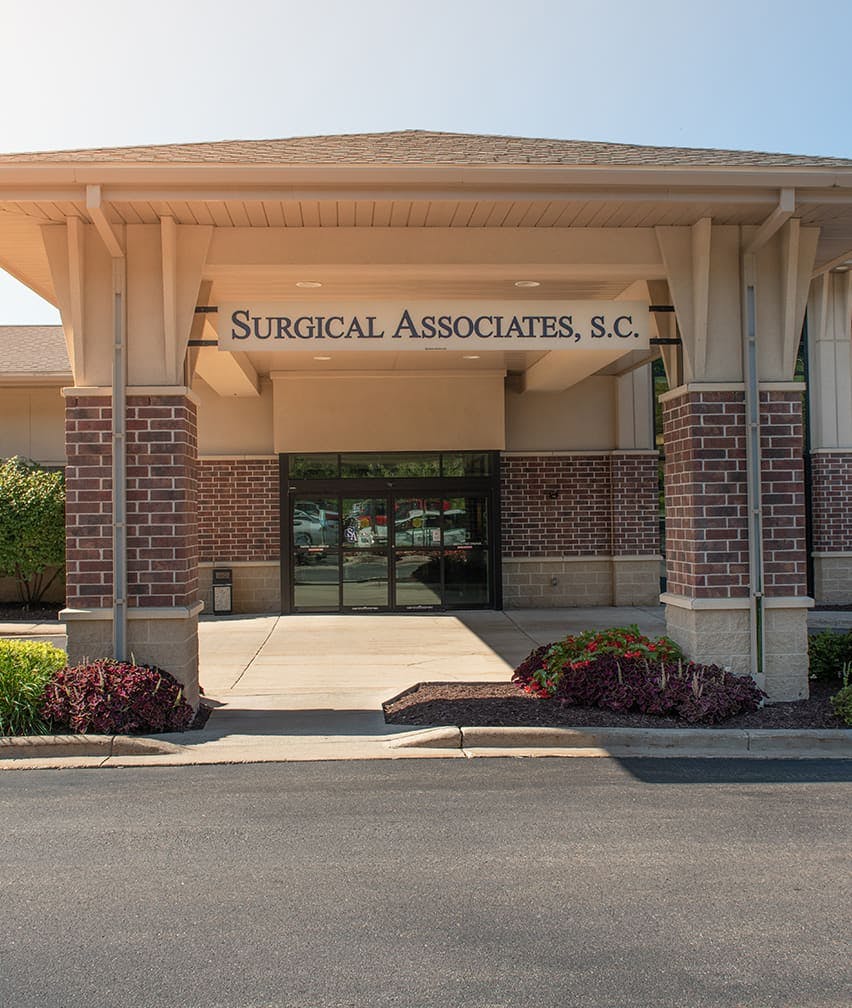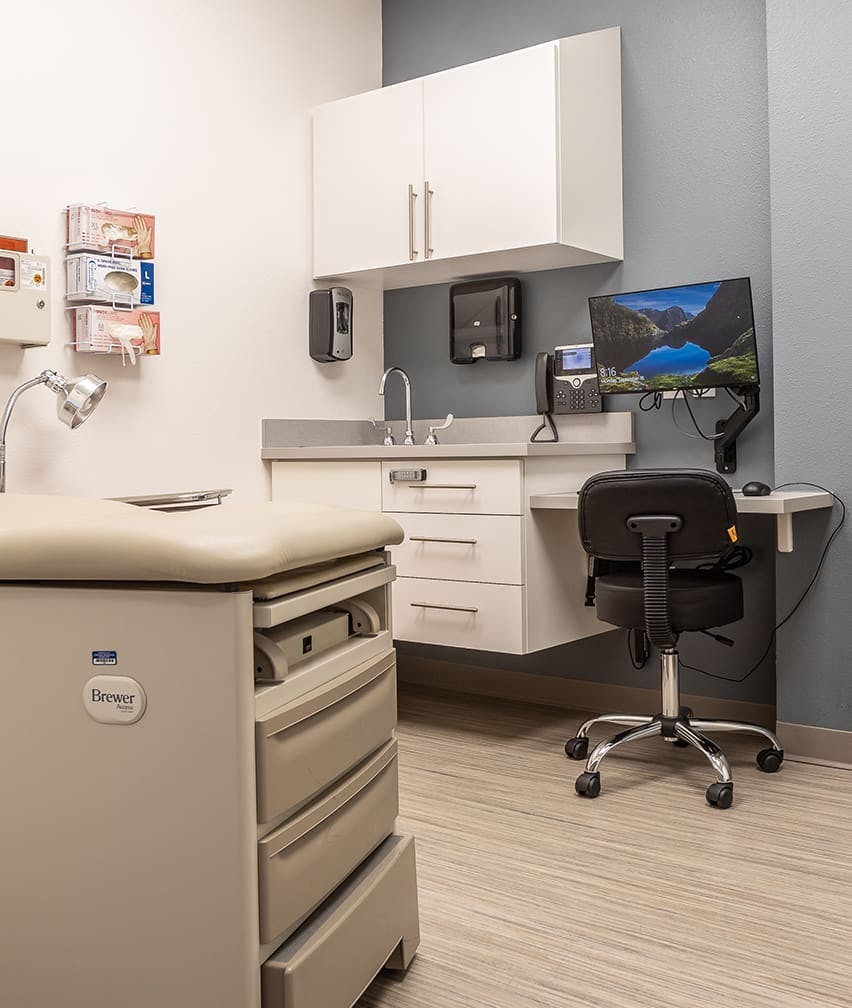At Surgical Associates, we understand the complexities of ESRD, offering advanced care even when your kidneys can't. With our dedicated team, innovative treatment options, and compassionate approach, we're here to support you through every step of your health journey.
Identifying Risk Factors for ESRD
Several risk factors can accelerate the progression towards ESRD:
- Chronic Kidney Disease: Unmanaged kidney disease over an extended period often culminates in ESRD.
- Diabetes: Poorly regulated diabetes is a common cause of kidney deterioration leading to failure.
- Hypertension: Consistent high blood pressure over time puts undue stress on the kidneys.
- Age: The likelihood of developing ESRD escalates with age, particularly among those above 60.
- Genetic predisposition: A family history of kidney disease can increase the susceptibility to kidney disorders.












